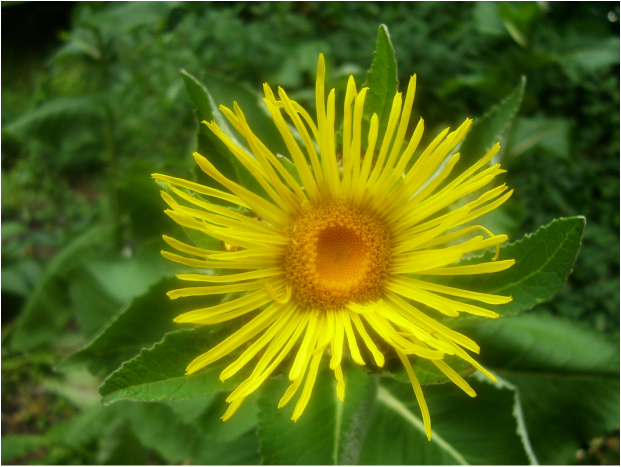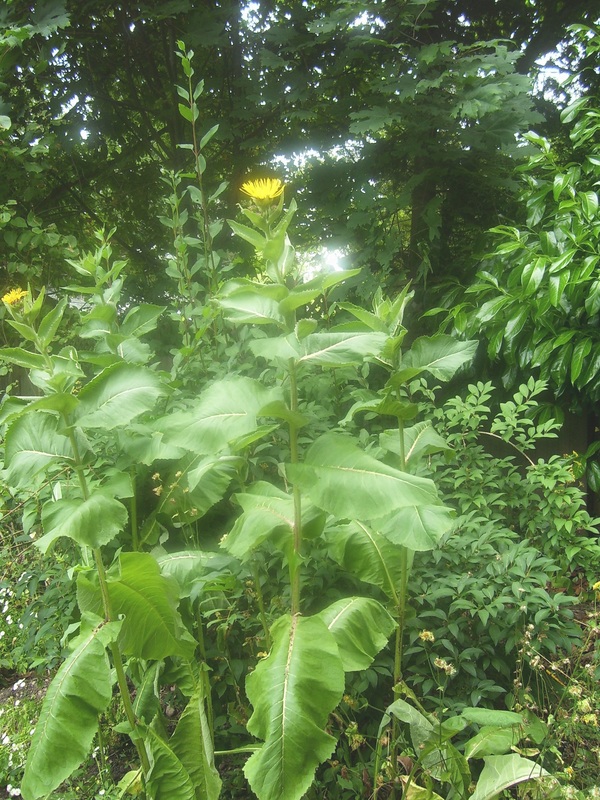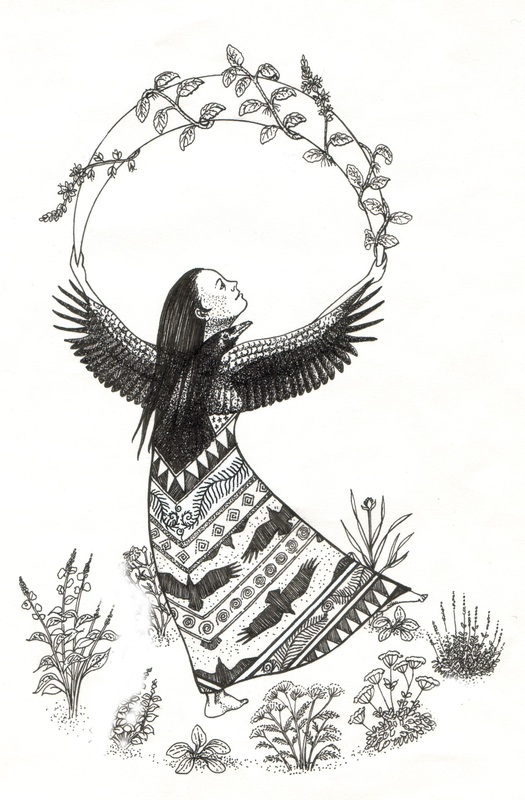
The wonderful thing is that although Elecampane is native to southern England it is very easy to grow on the coast of BC and is a hardy perennial as well as strikingly beautiful too. Maybe that is why it is said it is the herb Helen of Troy took with her hence its latin name Inula helenium. It requires a sunny site and loves clay soil that is moist. although can also tolerate semi shade.
Elecampane has been used for centuries for many ailments but it is truly an outstanding herb for the lungs. It removes dampness and is warming to the lungs and helps to expectorate mucus. In the old days it was used for TB and in my old days ( yes I have them too, having worked with herbs for over 35 years now...) I have given it to many people for bronchitis, asthma and pneumonia, whooping cough,and general debility of the lungs.So just how does this plant work? It has antiseptic, antiviral, antibacterial, expectorant, diaphoretic and bitter qualities. You will need the roots from a 2 to 3 year old plant and there are many ways to prepare it.
Lung Tea
2 parts elecampane,
1 part marshmallow root and
1 part fresh ginger root and
1 part fenugreek seeds.
To prepare use 1 teaspoon of this mixture per 250ml ( I cup) of water. So use 8 teaspoons to 2 litres of water and bring it to a boil then slowly simmer until it reduces in volume to about 1 litre. At this point the tea should be thick and gooey and will taste both sweet and bitter at the same time. Drink a litre a day to really make a difference and continue for about 5 days. You will immediately feel a soothing in your lungs and mucus will come up. You can also add some licorice root to the mixture if you like.Do not use licorice however, if you have high blood pressure. Sweeten it with honey if desired and squeeze in half a fresh lemon. Elecampane can be used also as a tonic, before anything takes hold of you, I do a 5 day routine every fall and I can feel the strength it gives me perhaps it has a way of harnessing the energy of the sun from the summer and bringing it inside of us during times of cold and dampness. This is a plant that has truly found its place in herbal medicine and is part of what I like to think of as our ancient future. May you truly nurture yourself in this inward season.


 RSS Feed
RSS Feed
